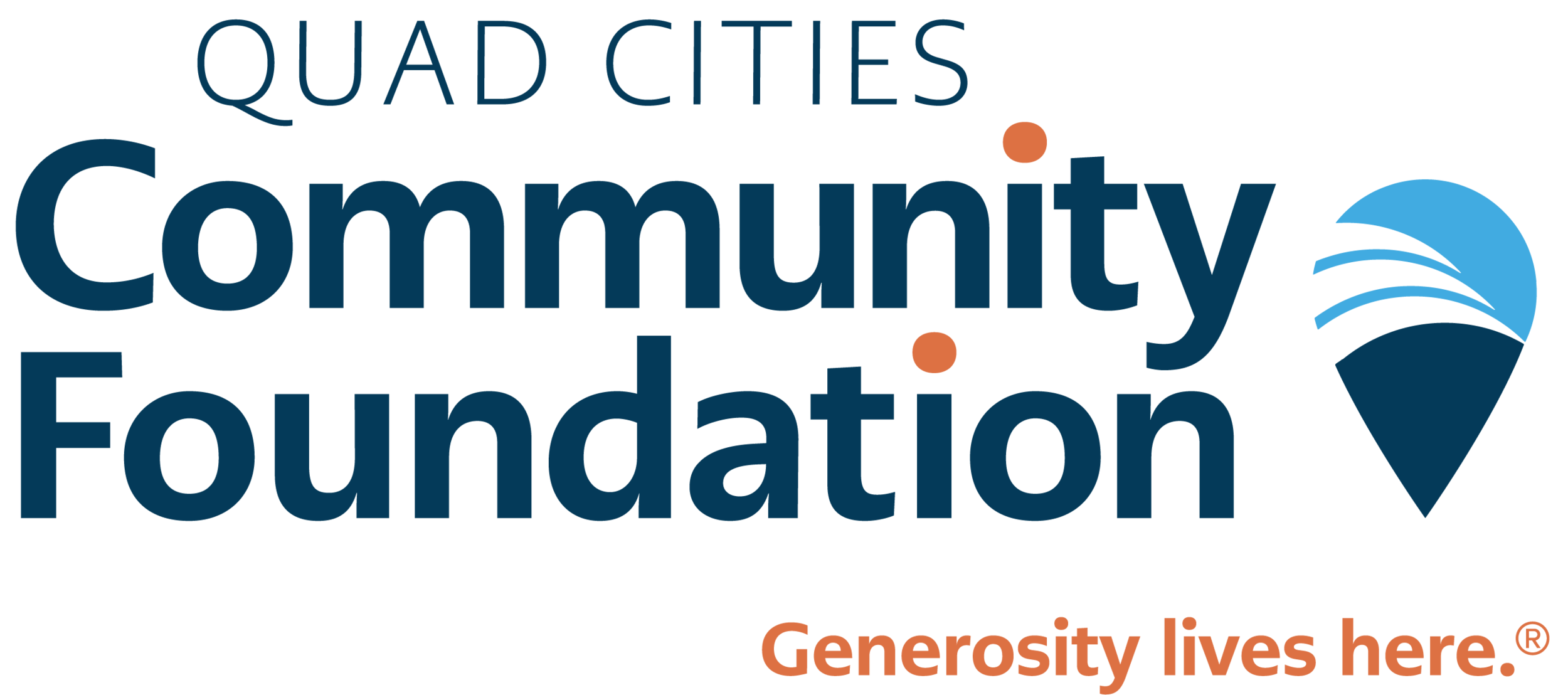At the Community Foundation, National Standards matter
National Standards accreditation is the hallmark of a well run community foundation, assuring donors that the foundation will be a good steward of their philanthropic wishes, and one they can trust with their legacy, forever. That’s why in 2005 the Quad Cities Community Foundation was among the very first in the United States to apply for—and receive—accreditation under National Standards for U.S. Community Foundations® from the Council on Foundations in Washington, D.C.
If you ask Hannah Morrell, walking through the hard work of earning national accreditation makes a difference for Quad Cities Community Foundation donors and the community as much as it does for the staff. Morrell, who is the Director of Administration and Donor Services, is currently leading the Community Foundation’s work toward its second re-accreditation.
The Community Foundation’s current certification expires this fall, and the work to resubmit began last August, Morrell said. “On a national level, it represents your operational effectiveness in community philanthropy,” she said. “It demonstrates that as a community foundation, you go beyond what is required by state and federal law.”
There are 26 different standards that the Community Foundation is required to meet to earn accreditation, spanning a variety of areas. Having an independent board that reflects the diversity of the community, oversight and control of component funds, and a record of always honoring the charitable intentions of donors, are among some of the most important.
“Our donors—and community—want to know that their hopes and dreams for our region will live on forever,” explained Sherry Ristau, President and CEO. “Through National Standards, we can point to our history of placing the donor’s intent first, leaving legacies that today are more than 50 years in the making.”
Donors also benefit by being able to use the Endow Iowa Tax Credit, only available to accredited community foundations.
But it also has other tangible benefits: Working through the process improves the Community Foundation’s work as an organization, she said, because it allows them to examine all of their policies and procedures, and take a good look at the samples provided by the National Standards office. “We can see where we can improve,” she said.
More than 500 community foundations in the country are nationally accredited, with 96 percent of the largest community foundations participating in the National Standards program. the Community Foundation was re-accredited in 2011.
“It’s a different animal than what we went through in 2011,” Morrell said. As part of the process, the Community Foundation must provide evidence for multiple standards, including what was discussed at the board level, internal procedures and evidence that the foundation is following those procedures. The Community Foundation was required to submit certain paperwork in 2011 that piggybacked on the original files from 2005. But National Standards revamped its system in 2015, switching to an online process.
“Everything has to be submitted online now,” Morrell said.
The work has been a team effort, she said. “All the staff members and our board are involved on some level,” she said. “I bring the documents together and review them, but the staff works to make the adjustments and updates.”
It’s exciting to be part of, Morrell said. “It’s incredibly fulfilling,” she said. “It’s a long project to be working on, but it’s such an important part of our work here at the Community Foundation. It’s making sure we are the well-oiled machine we want to be.”
